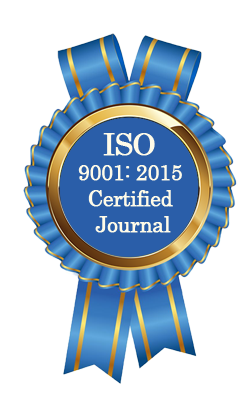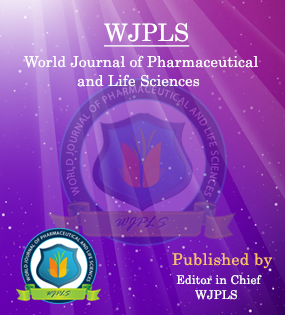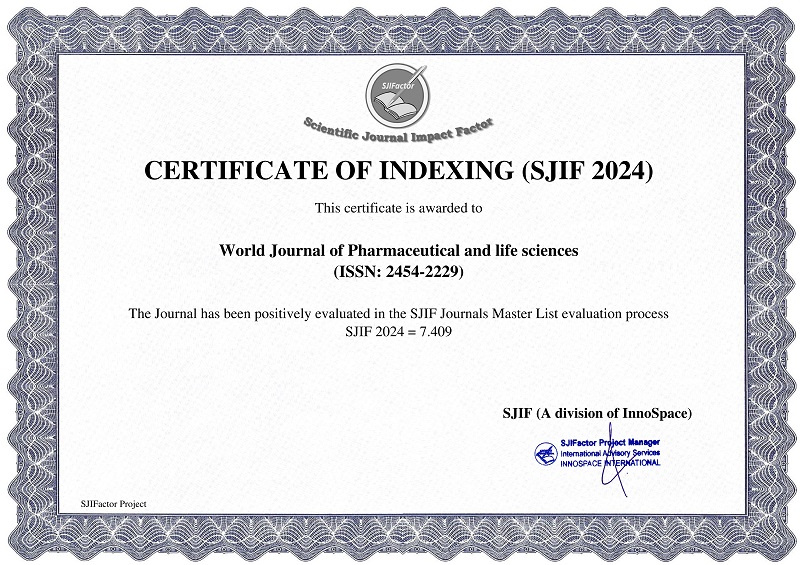Abstract
MAKING ARTIFICIAL MEAT FROM RED BEANS
Wan Bahroni Jiwar Barus, Yenni Asbur*, Miranti, Mahyu Danil, M. Nuh, Susan Novrini, Yayuk Purwaningrum, Murni Sari Rahayu, Rahmi Dwi Handayani Rambe, Chairani Siregar, Syamsafitri, Indra Gunawan, Mindalisma, Mahyuddin, Dedi Kusbiantoro, Kh ABSTRACT
Artificial meat is a product made from vegetable protein made from non-meat ingredients, but conforms to or closely resembles the properties of real meat. Artificial meat has no cholesterol and low saturated fatty acid content so it can be consumed by people who cannot consume beef due to disease. The protein content in legumes, including kidney beans, has long been recognized for its contribution to the daily diet. Even red beans supply almost as much protein as meat. This study aims to determine the effect of the right amount of red bean flour and tapioca flour on the manufacture of artificial meat. This research was carried out at the Agricultural Product Technology laboratory, Faculty of Agriculture UISU Medan. The study used a factorial completely randomized design with two replications with two treatments, namely: treatment of the number of red beans (T) which consisted of four levels, namely 40% (T1), 50% (T2), 55% (T3), 60% (T4), and the amount of tapioca flour (O) which consists of four levels, namely 5% (O1), 10% (O2), 15% (O3), 20% (O4 ). The results showed that to make artificial meat based on 60-70% red bean flour and 5% tapioca flour, the panelists preferred artificial meat because it had the highest texture and protein content.
WJPLS CITATION 
| All | Since 2020 | |
| Citation | 590 | 424 |
| h-index | 12 | 10 |
| i10-index | 17 | 14 |
INDEXING
NEWS & UPDATION
BEST ARTICLE AWARDS
World Journal of Pharmaceutical and life sciences is giving Best Article Award in every Issue for Best Article and Issue Certificate of Appreciation to the Authors to promote research activity of scholar.
Best Article of current issue
Download Article : Click here





